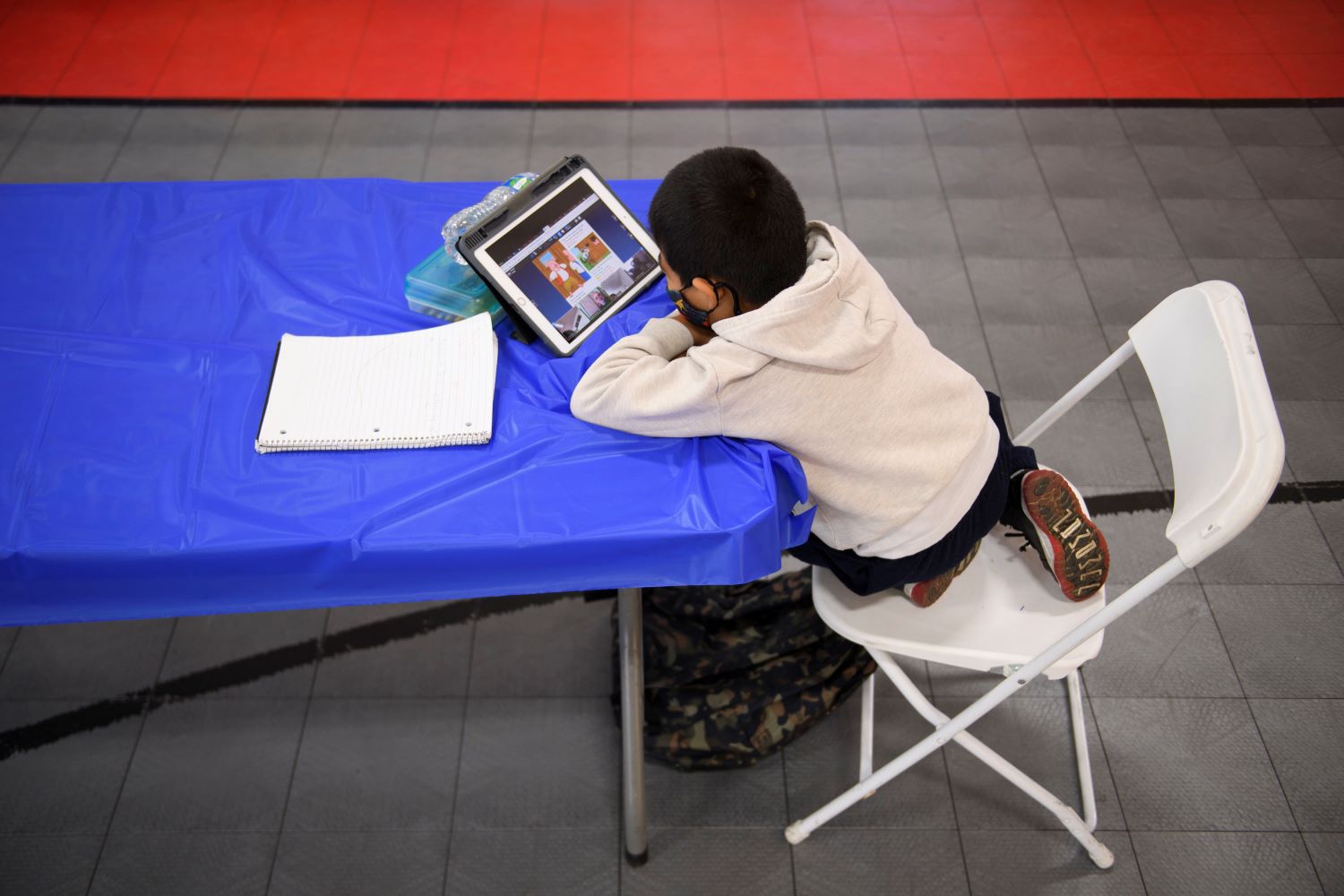- cross-posted to:
- technology
- cross-posted to:
- technology
Remember that one teacher who made going to school fun and inspired you to pursue your passions? Students at a new charter school in Arizona won’t, because they don’t get to have teachers. Instead, the two hours of academic instruction they receive each day—yes, just two hours—will be directed entirely by AI.
By a 4-3 margin, the Arizona State Board for Charter Schools on Monday approved an application from Unbound Academy to open a fully online school serving grades four through eight. Unbound already operates a private school that uses its AI-dependent “2hr Learning” model in Texas and is currently applying to open similar schools in Arkansas and Utah.
Under the 2hr Learning model, students spend just two hours a day using personalized learning programs from companies like IXL and Khan Academy. “As students work through lessons on subjects like math, reading, and science, the AI system will analyze their responses, time spent on tasks, and even emotional cues to optimize the difficulty and presentation of content,” according to Unbound’s charter school application in Arizona. “This ensures that each student is consistently challenged at their optimal level, preventing boredom or frustration.”



The reference to spellchecking was because at the core this is how (very simplistically) LLMs work as well. Training on data and probability of the next word. For some purposes it works great most of the time, for others it’s like using a screwdriver to beat in a nail. It might work sometimes to some degree, but not what it’s for.
My opinion is that LLMs are being forced to be solutions in all sorts of places when we’re still trying to figure out their best application. To do this in a grade school academic setting is probably not the best idea, such experimental things should filter down from the higher education once they work well. This is about money and someone trying to find a simple answer instead of fixing the problem correctly.
That’s not wrong but it is pedantic, contrary to popular usage, and irrelevant to the discussion of how LLMs might affect education. (I’m not saying you are pedantic, because you aren’t the one who originally brought it up.) The whole discussion of spellcheckers is.
Education doesn’t have a first-mover advantage, but people are excited about AI and I don’t blame them. The risks of this particular attempt are quite low, so while I don’t think I would send a kid to this school myself, I don’t think parents who do are wrong.
I think this technology will be useful in elementary schools before it will be useful in higher education, because college students are more capable of learning without supervision.
Your last point is really the key one, isn’t it? Is a LLM reliable enough to be put in charge of supervising a child’s path of learning? I’ve messed around with local LLMs enough to realize that I’d better double check everything it gives me, as its goal is to tell me what I want to hear, not what is factual.
In rereading that it occurred to me that it was not very different from the worse of the teachers I have had long ago in the past…so take that as a warning, I guess.